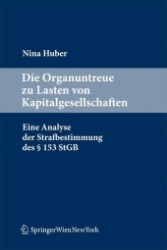- ホーム
- > 洋書
- > 英文書
- > Politics / International Relations
Full Description
What do we mean by theory in international relations? What kinds of knowledge do theories seek? How do they stipulate it is found? How should we evaluate any resulting knowledge claims? What do answers to these questions tell us about the theory project in IR, and in the social sciences more generally? Lebow explores these questions in a critical evaluation of the positivist and interpretivist epistemologies. He identifies tensions and problems specific to each epistemology, and some shared by both, and suggests possible responses. By exploring the relationship between the foundations of theories and the empirical assumptions they encode, Lebow's analysis enables readers to examine in greater depth the different approaches to theory and their related research strategies. This book will be of interest to students and scholars of international relations theory and philosophy of social science.
Contents
Preface; 1. Introduction; 2. What is knowledge?; 3. Positivism and interpretivism; 4. Positivism: Correlational research; 5. Positivism: Experiments; 6. Positivism: Rationalism; 7. Interpretivism: Causal narratives; 8. Interpretivism: Practice turn; 9. Counterfactuals; 10. Verification vs. Falsification; 11. Causal and non-causal narratives; 12. Reason; 13. Cause; 14. The causal paradox; 15. Mechanisms; 16. International relations as an ethical practice.








